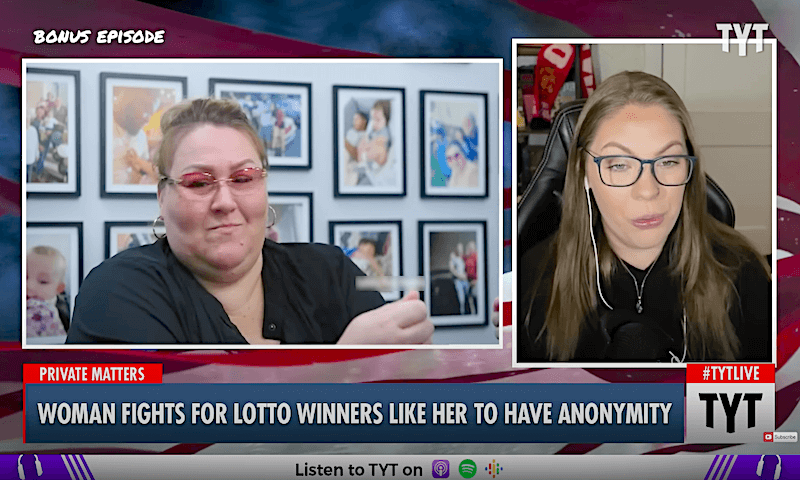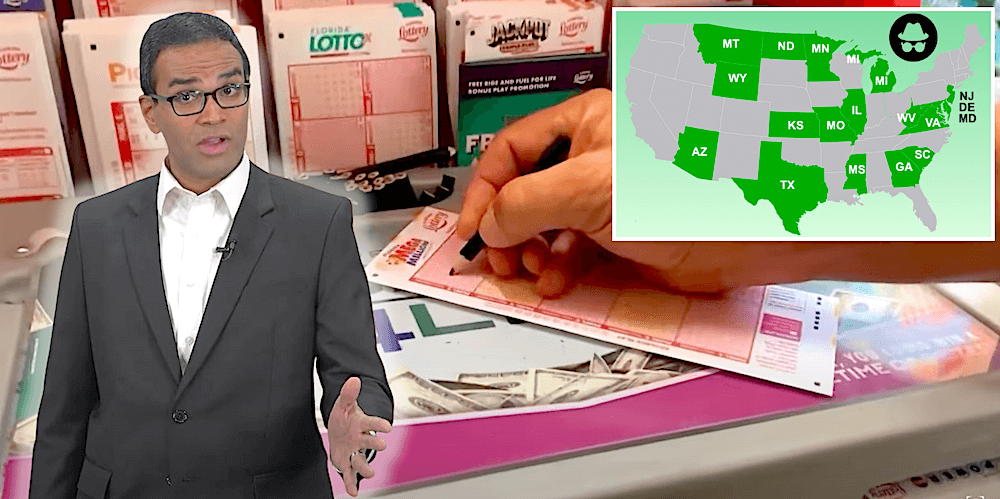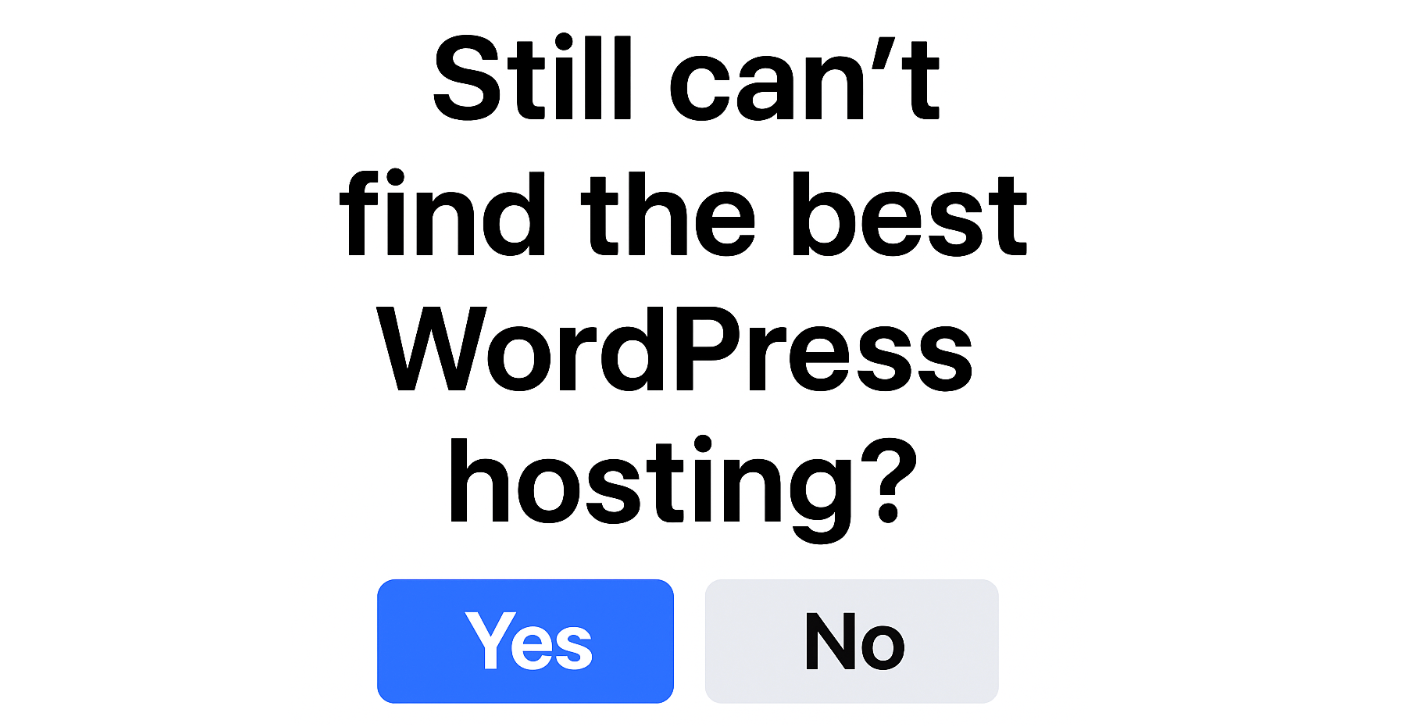What US states allow you to stay anonymous when you win a lottery jackpot?
/As ever-higher upcoming lottery jackpots tantalize us with untold riches, the burning question on many minds is this: Where are the anonymous lottery states?
The states where winners can stay hidden from the media are:
Arizona (AZ): Prizes over $100,000
Delaware (DE): All prizes
Georgia (GA): Prizes over $250,000
Illinois (IL): Prizes over $250,000
Kansas (KS): All prizes
Maryland (MD): All prizes
Michigan (MI): Prizes over $10,000 (state-run games)
Minnesota (MN): Prizes over $10,000
Mississippi (MS): All prizes
Missouri (MO): All prizes
Montana (MT): All prizes
New Jersey (NJ): All prizes
North Dakota (ND): All prizes
South Carolina (SC): All prizes
Texas (TX): Prizes over $1 million
Virginia (VA): Prizes over $10 million
West Virginia (WV): Prizes over $1 million
Wyoming (WY): All prizes
In this video report, Brandon Lewis from the WFAA National Verify team looks into whether you can stay anonymous after cashing in.
His information comes from the state lottery commissions, as well as Powerball and Mega Millions, two of the most widely played lotteries across the United States.
These lotteries offer life-changing sums of money, but they also come with a possible problem – you have to provide identifying information to claim your prize.
STATE RULES
While Powerball and Mega Millions are accessible in nearly every state, each state has its own set of regulations regarding whether or not they release the identity of the jackpot winners.
So the answer to anonymity lies in these different state-by-state rules.
As of now, seventeen states grant you the privilege of keeping your information private if you so desire. However, if you reside elsewhere you can become partly anonymous.
For instance, the state of Colorado takes a unique approach. They release the first name of the winner and only the first initial of their last name. It's a compromise between privacy and transparency.
OTHER STATES
In contrast, some states, such as Florida or Arkansas, choose to wait a certain period, which can range from a few months to several years, before revealing the winner's identity.
This approach allows the winners a degree of adjustment to their newfound wealth and public attention.
Several states have carved out exceptions for specific circumstances.
For instance, if you have been a victim of stalking or domestic violence, you may be eligible for special protections to safeguard your privacy.
One interesting avenue to anonymity is through the utilization of trusts or limited liability companies (LLCs).
These legal structures can serve as a cover, allowing you to collect your winnings without disclosing your real name.
LOCATION COUNTS
The bottom line is that your chances of remaining anonymous after hitting the jackpot depend largely on where you play.
In the end, whether you're toasting your winnings in secret or stepping into the limelight as a lottery success story, the lottery world offers a multitude of possibilities.













































